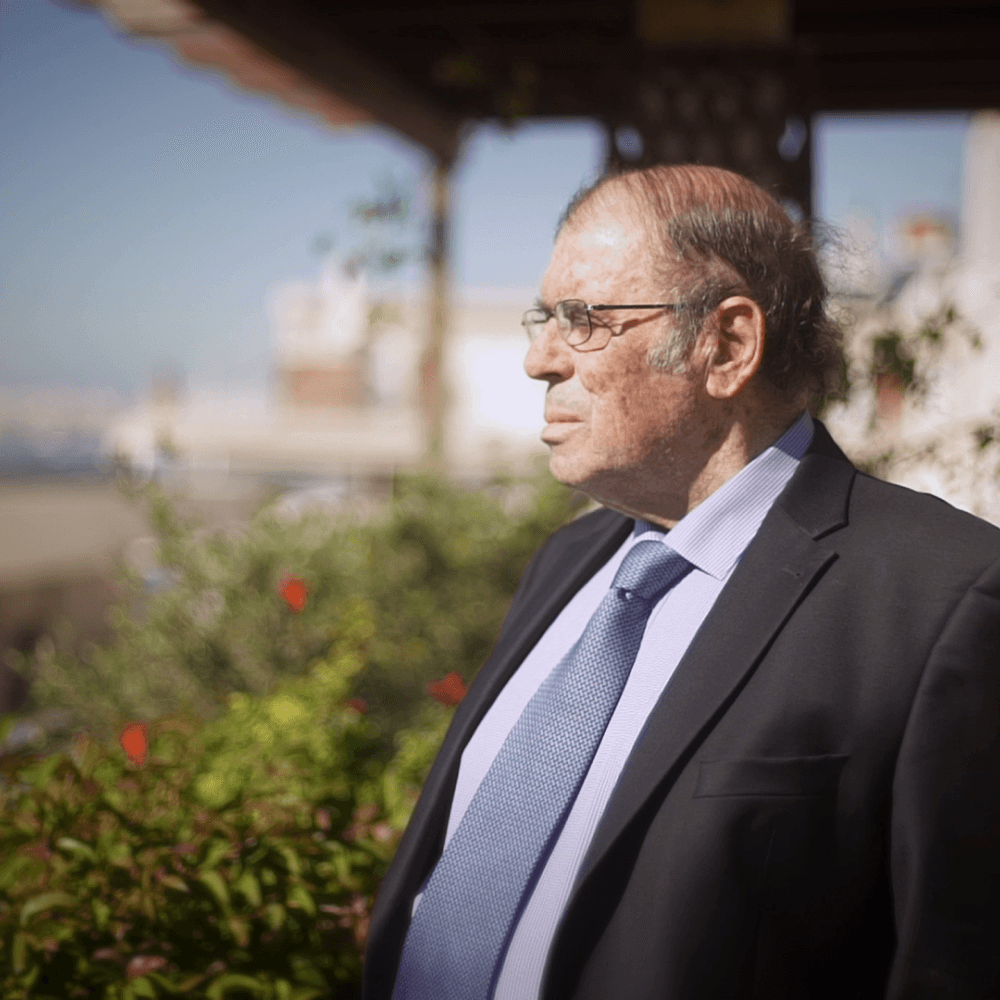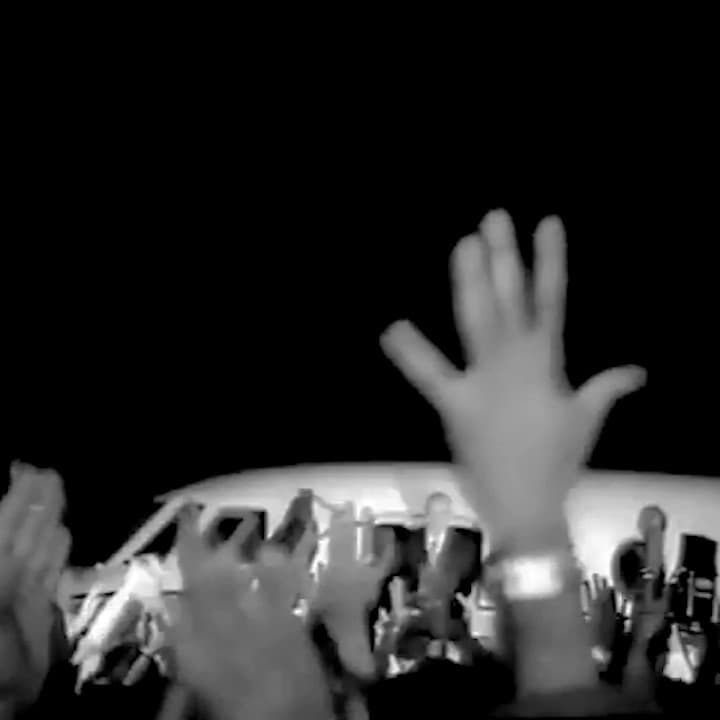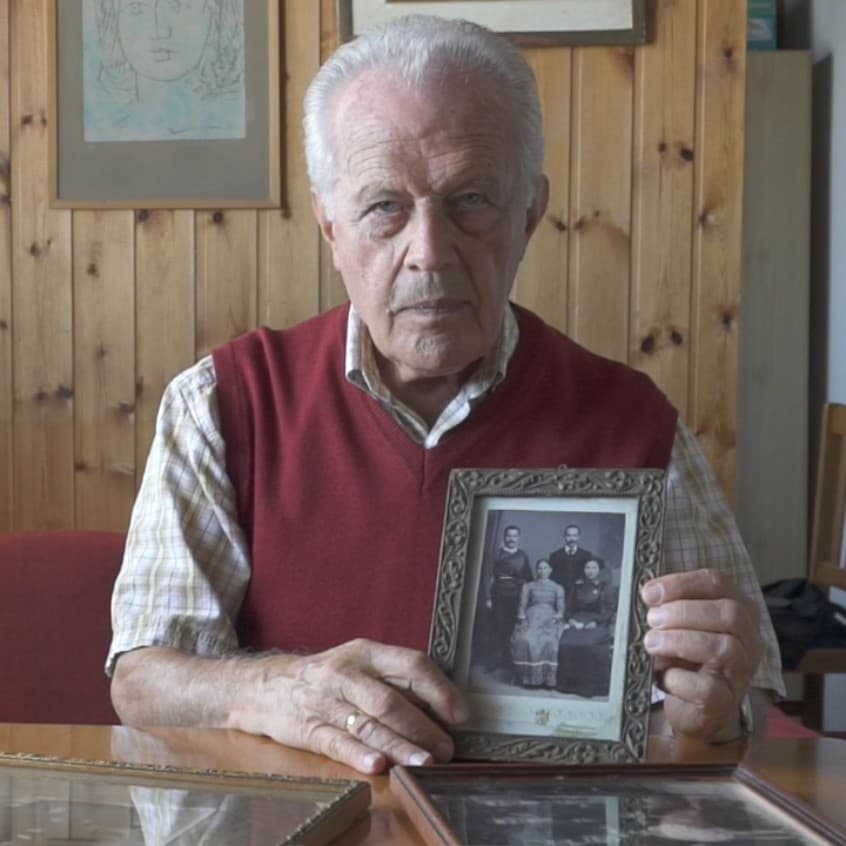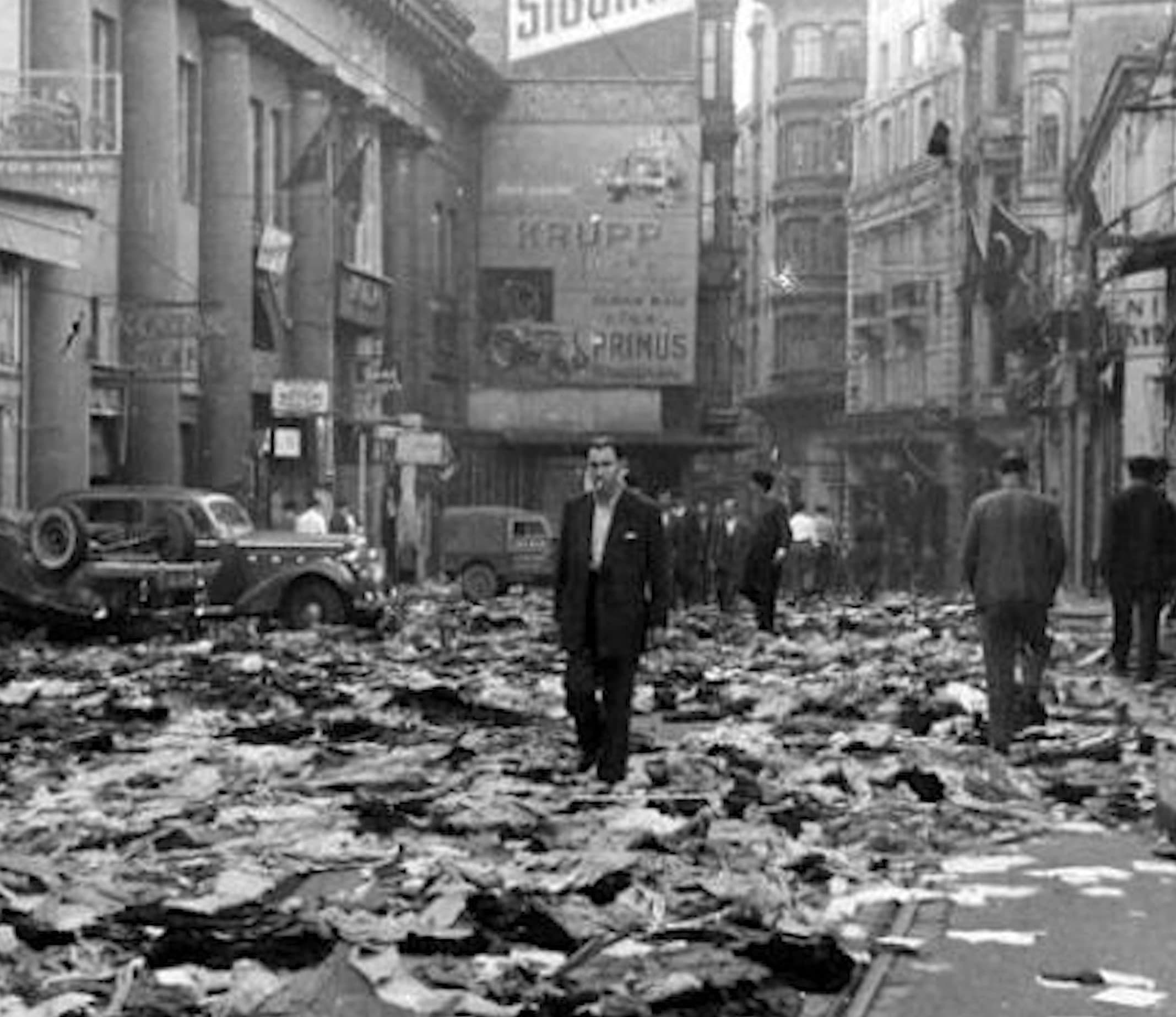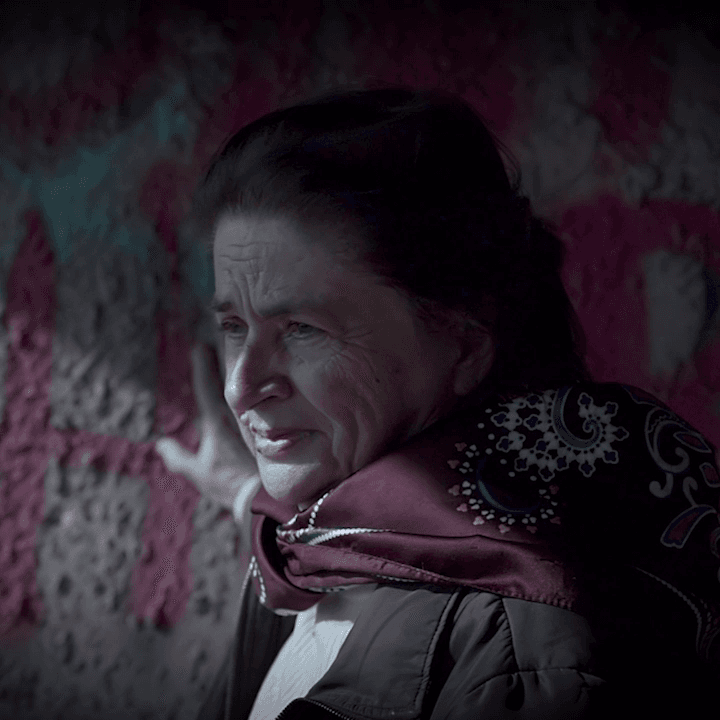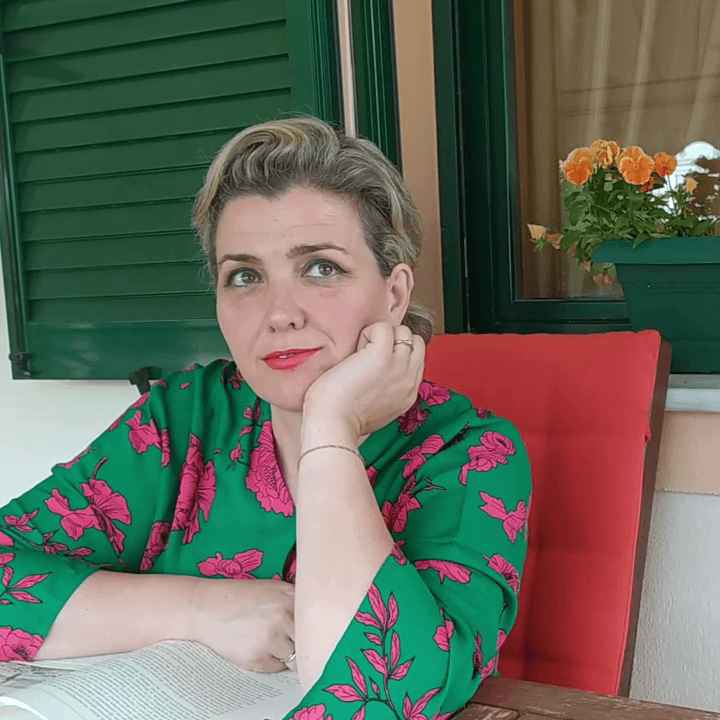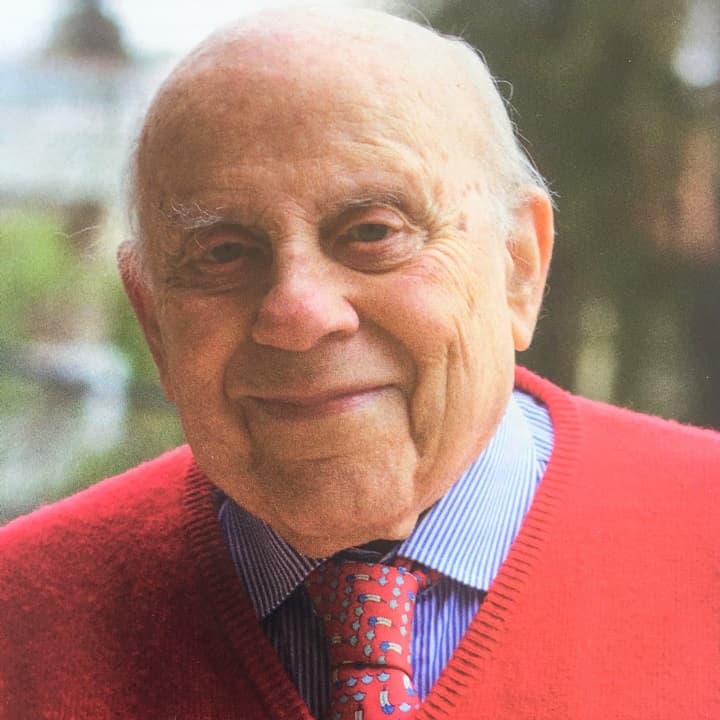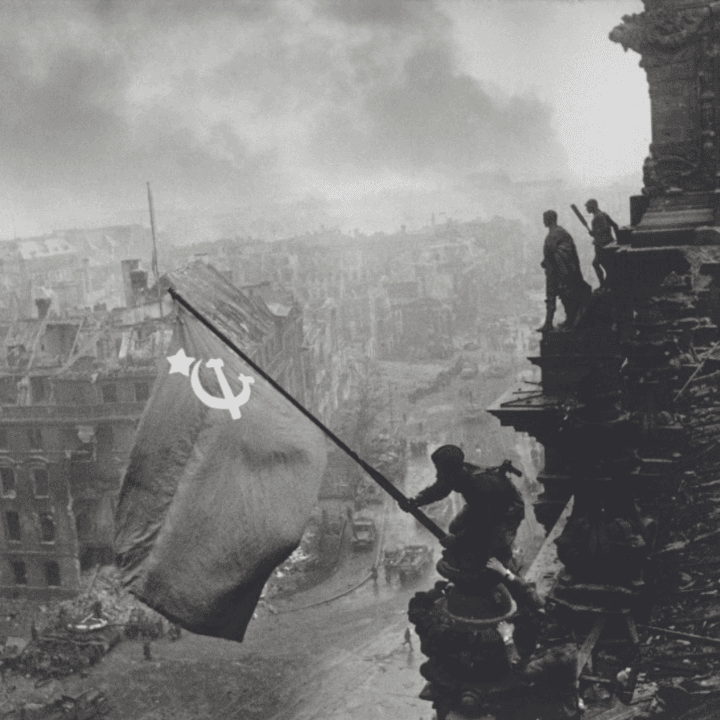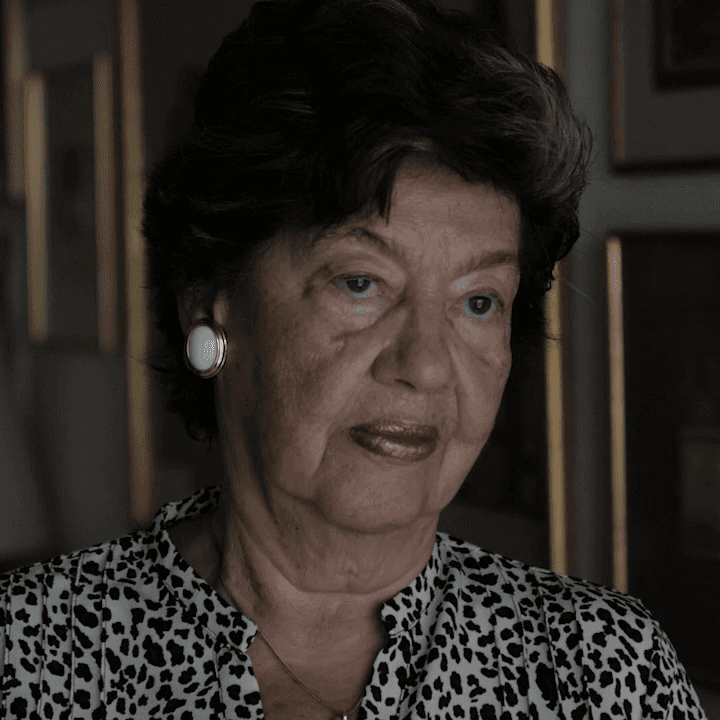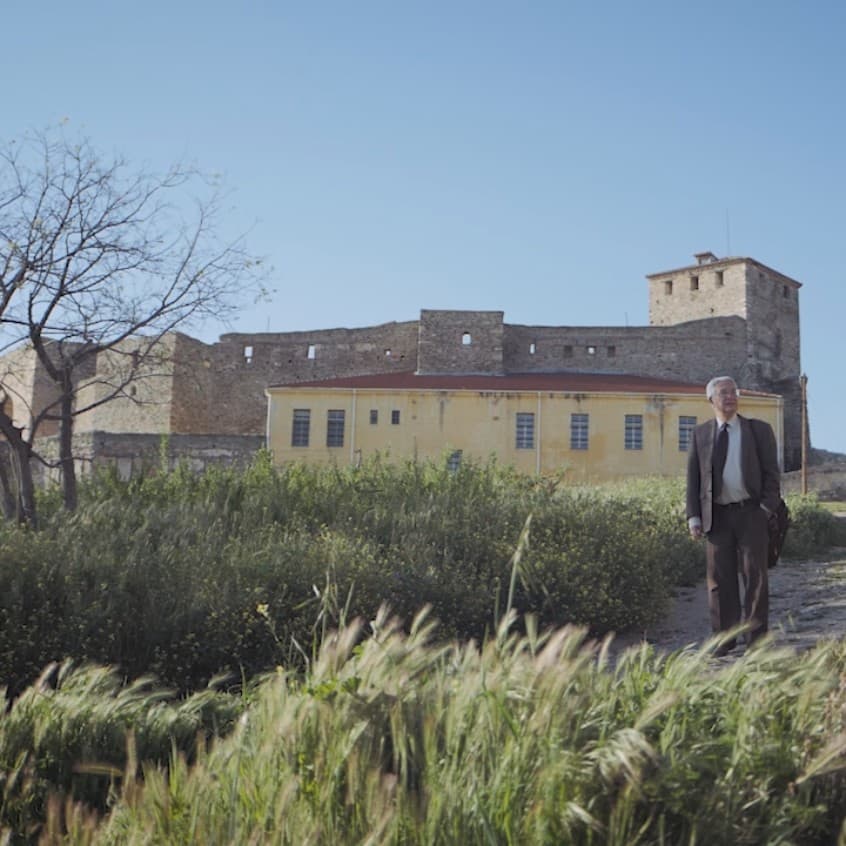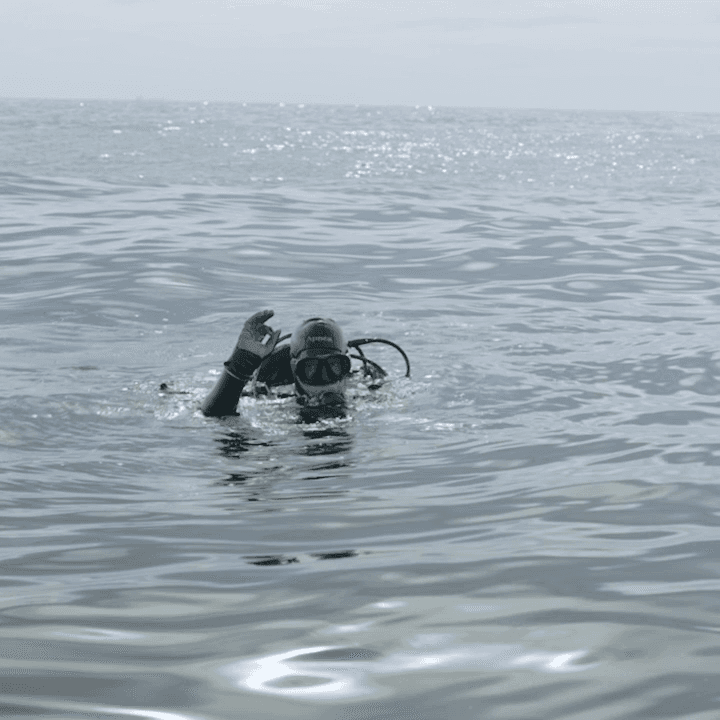The main purpose was ‘disciplined living’, I mean for the people there. They were citizens ‘living a disciplined life under the supervision of the military and police authorities.’ And my title there was: Head of the Medical Service of the Camp for Citizens Living a Disciplined Life Under the Supervision of the Military and Police Authorities.’ It turned out to be the longest title I’d have in my career...
I was born in Athens in 1940. For high school I went to the Experimental School of the University. I finished university and was given the rank of second lieutenant doctor in 1965 and began the life of a military doctor. There was a pre-dictatorship atmosphere in the army in 1965. The army was structured differently to the way it is today. Then, it was still devoted to post-civil war dogma. It still forbade and punished any different way of thinking. They tried to instil into the officer corps the idea of ‘non-education’ and, secondly to create division between those who wore the uniform and those who didn't. Of course, this led to some very ‘rotten apples’. At that time, the whole of Greece, the whole of society, was on edge. Everyone was just waiting for something to happen. And then it happened.
As I came down from my apartment that morning, 21st April 1967, I found a soldier at the door. He was ugly looking, badly dressed, with boots loosely tied, and a gun. ‘Who the hell are you?’ I shouted at him. At which point, he said, ‘Lieutenant, sir’ – I was a second lieutenant doctor – ‘you need to go back inside. There’s been a coup and you need to go back home.’ I was stunned. At that moment, a captain who lived in the apartment building opposite came out. We were on speaking terms, so I waved at him, ‘What the hell is going on?’ He shouted back, ‘There's been a coup. Get your stuff together and go straight to your unit. OK?’ ‘OK.’ This was my first experience of the dictatorship.
I managed to find a taxi and finally managed to get up Alexandras Avenue, going through the roadblocks manned by jumpy and angry cadets. I reached the hospital where I was stationed, and things had got ridiculous: I saw the hospital soldiers lined up on the pavement outside Agios Savvas Hospital – they weren’t exactly the most professional soldiers in the world, and we had a rather stupid sergeant major in those days. He’d ordered them outside on the pavement with their weapons, in a state I can't even begin to describe. So, I got them together and got them inside, ‘Inside! All of you!’ I was quietly very concerned, ‘What do we do now?’ We’d never been trained for circumstances like this, and there was no easy way we could adapt to them.
The political prisoners, the first to be arrested by the police and the army, were already being rounded up at police stations and then at the racetrack. The day after the next, together with my colleague Nikos Giannopoulos, we went to the Gendarmerie School, as we’d been ordered, to be part of the staff that would go to Gyaros to prepare the camp for the prisoners.
We heard, ‘Gyaros?’ and I had to look for it on the map. Some said that it was a barren island. But there were no details. I mean, we had no proper information. We were going with a few nurses and some crates of supplies. And that was it.
We left from Amfiali, the naval base, where the atmosphere was really heavy. The navy had not yet completely joined the dictatorship. It was a strange situation. We travelled on a landing ship, and by dawn we were on the beach at Gyaros.
Coming out onto the island was a very, very strange experience of unbelievable isolation. The island had been characterised as a fort. It was forbidden for anyone to approach by whatever means. In other words, there was no human presence on the island. There were wild rabbits everywhere, and, as we disembarked, we saw octopuses still scuttling around on the beach.
What was wonderful, and still is, in the Aegean, is the spring. The hint of green and the discrete small flower that covers everywhere. The second thing we saw was a large building, the prison building it was called. It had been abandoned for years, left to the elements, and was built incredibly badly, with a series of ancillary rooms. From the distance, I could make out that one of those buildings had a faded red cross on its front, and I said to the nursing staff, ‘People, I guess that's where we’re going. And get a move on; it looks like the gendarmes have got their eyes on it, and they’ll take it.’
The prisoners began to arrive in landing craft; they came and disembarked on the island. They were all in a really bad shape. They had been kept at the racetrack for several days in awful conditions. They arrived, and I saw a line of people slowly and wearily climbing up to the level ground following the orders of the guards. I was struck by the fact that the orders were given very calmly, not violence at all.
Everyone had been affected by the whole situation, and it was a very quiet group that walked up. The whole thing was miserable. I mean, to see such weariness, so much sadness, so much insecurity in everyone... It was just too much to process.
Once the first large group of prisoners had gathered, the commander of the camp made a short speech, which I found rather unique, because he said, ‘Look, we have nothing personal against you. We’re just following orders. Do what you can to survive biologically, and we’ll do the same to survive, officially.’ I remember those words well, and I’ve written them down. We were all in the same boat there. We all had to deal with the same problems.
There were many political prisoners who’d experienced exile in the past, and they managed to organise themselves in the terrible, miserable conditions the buildings were in. In total, there were 7,800.
As for us in the infirmary, we faced a number of problems. To start with, there was the issue of people with serious conditions. There were those who’d been taken from their hospital beds, some who had recently undergone surgery, some who were disabled, who could not possibly remain in those conditions. There was this group of people who obviously could not survive in the conditions there. No question. So, we made lists, with as much evidence as we could, and immediately sent them to the administration.
They sent a troopship to collect them. They boarded. I remember the captain of the ship, a really nice man, asking me in a scared voice, ‘How are we going to travel with these people? They’ll die on the way!’ We reassured him as best we could. The man was scared and incredibly concerned. Thankfully, the voyage went well.
Anyway, we tried our best to provide good medical assistance. Whatever physical abuse had taken place had happened before transportation to the island, at the racetrack or the police stations. There were issues. There were people who’d been beaten, those with serious problems from abuse, both men and women, who we took care of. All that time, we operated according to one process, one policy: none of use wanted to do anything unlawful. If someone came who’d been abused, we described any apparent signs of the abuse, and whatever he told us, on an admissions form, which was sent to the camp administration with a copy kept in the infirmary.
This process was carefully followed the whole time we were on Gyaros and then on Leros later on. For example, on Gyaros, let me remember this correctly, there was this lovely dentist, Eleni Ioannidou, from Piraeus, who had serious bruises from the serious beating she’d been given. Another really intense moment was on Leros, in Partheni. The well-known unionist Ampatielos had been transported to us by the police from Piraeus, and he’d also undergone a severe beating. His condition was clearly serious. My staff and I admitted him. We recorded everything, and I got a call from the police in Piraeus, from some officer – I’m not going to name him: ‘Look, we’re colleagues, this policeman... We need to help him.’ I said to him: ‘Excuse me!’ He had really irritated me. ‘Firstly, we’re not colleagues. Secondly, what do you want me to do? 300 people have seen what was done and it’s been reported and sent to the administration, how can I say it never happened?’ ‘But, tomorrow we’re going to have the top brass here, and I want to avoid embarrassment.’ ‘You should have thought of that earlier’, I told him. ‘Speak to the commander’... The camp commander was there with me. He said, ‘Look, this is your fault. You want to beat a man up? I don’t care. But you fix him up and then send him. You’ve sent him to us now to cover up for whom? What the hell!’. Most of the abuse that happened – and I repeat, it was not at the camps – was the result of the moral vacuum of some of the little people.
Life went on at the camp. During those first months, we had unbelievable visits by helicopter from the dictator Pattakos, which were just absurd. I confess, they were laughable. He was just incredible. Wearing a brigadier's uniform and marching up and down always making smart comments. The things he came out with are unrepeatable. Unbelievable. I admit that I used to hide at the back because I’d burst out laughing. I know this all sounds incredible, but that's how it was.
There were so many things with Pattakos. Let me tell you a quick story. Once, he came to tour the central prison building. And he went into the women’s section; on his own. I was somewhere nearby, and, at some point, I heard a row. I went over. What had happened? He’d gone in and started shooting off his smart mouth. To whom? To three hundred women, who all started to shout him down! Unbelievable. They drove him mad! He got out as fast as he could. And he never went back in.
He went down to the infirmary, there inside the prison. He said one thing to one person, something else to another, whatever you can imagine, inappropriate language and what he thought were clever comments, that's all he could manage. And then there was another row. I heard a powerful voice: ‘The night is dark in the mountains, Pattakos!’ So, I went over. It was Lakis Papoulas. Papoulas had been a major in the cavalry and had been demobbed when the Junta came in. He was in the party, the United Democratic Left. He was a tall, broad, strong man. Just the sight of Pattakos made him furious. He’d had him as an NCO before the war in a camp and had tried to teach him to disassemble, assemble, and maintain the new machine guns that Papoulas had brought over from France for the army. He explained and explained again... but he just couldn’t get it. Pattakos was incapable of understanding. So, Papoulas had said, ‘The night is dark in the mountains.’ Meaning the man’s head was empty. And then, when he saw him again: ‘The night is dark in the mountains.’ Everyone just fell about. Unbelievable. He left in a hurry. I couldn’t stop laughing. I just couldn’t. I mean, he could see me laughing. He didn’t say anything, of course, but I just couldn’t stop. It was unbelievable.
Now, you’ll say all I’m talking about is fun and that kind of thing. Well, that's life. Life there wasn’t just the dramatic stuff. It was the fun, as well. Of course, our life wasn’t fun at all, but it was a large part of our reaction, the natural reaction of logical people, to those times. A large part of society did not take them seriously.
More evidence of this was that, at some point, they sent ‘enlighteners’ to teach and enlighten us about the principles of the ‘Revolution of 21st April.’ Where? In a prison camp on Gyaros. They positioned megaphones around the camp and started to speak. And there was not one of us that didn’t laugh. I’ve never heard such incoherent unmitigated rubbish, in my life. Everyone in the barracks had adopted a strange, old fashioned way of speaking Greek called katherevousa. In the army – in the old army, at least – the officers tried to speak in what they thought was good and proper Greek using katherevousa, which they royally butchered.
Then, there were the ‘journalists’ – inside many quotation marks – who would come for interviews and report from the camp. These were people who were completely in the pay of the propaganda services of the state at the time. I have no idea who selected them. Each one of them was more stupid than the other. They’d come and ask the prisoners, ‘Do you go swimming?’ ‘Oh yes!’ they would reply. ‘Sure. And we’ve got great swimming trunks!’ I mean, ultimately, even in the middle of all this sadness and bitterness, people could see a ridiculous individual for what they were, and made fun of them. It's just a fact. They reported that we went swimming every day and dined on lobster and fish. Whatever rubbish came into their heads first.
I stayed in Gyaros until October 1967. I was then transferred directly to Leros, and there I had an adventure with the Naval Revolt. It was evening and I was leaving the camp, which was right next to the naval fuel depot. At some point, as I was going to get my car, I felt something behind me. I turned around and saw a huge destroyer with all its lights and engines off. It had moored there to get fuel. It was one of those that had mutinied. Suddenly, I was caught in a searchlight. And I was in my uniform. I heard an angry voice from above: ‘Get that hardliner!’ ‘Get him!’ And two or three sailors ran down. ‘Ah’, I said to myself, ‘OK’. And I got the hell out of there. I got into my car and drove the hell out of there. Of course, the next day, the administrator of the camps, a colonel, called all the officers together and told us there had been a coup by the king, and we were the royal gendarmerie. So I said, ‘Fine. Which side are we on?’ ‘Whoever wins’, he replied. ‘Ah’, I said, ‘so, it's like that.’ That’s the way things were during the dictatorship.
What I can tell you is that I had decided to be as precise, correct, and careful as I could, because I’d just started my career and my adult life. There was no point in risking all that, without, of course, abandoning my morals. That – I was in the camp for a year – was recognised in the years that followed, and I truly came to realise that most of us understood what was happening and both officials and prisoners came to terms with it. It's a great thing when people who have been wronged give you their trust.
And I remembered, when I was young, I was a scout. We took an oath. We gave the scout’s oath and used to say, ‘I promise on my honour, to obey, etc., etc.’. I was young then. We had a very good man as the leader of our troop on the Acropolis, and I asked him, ‘Can you tell me what “on my honour” means?’ He replied, ‘Look, your honour is when other people can trust you.’ I held on to that, and I still do. That is what a person’s honour is. And I felt it very intensely when I left the camp of exiles.
